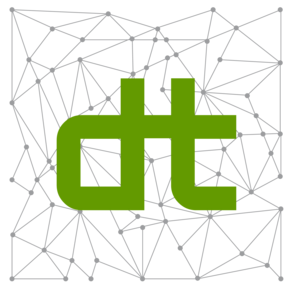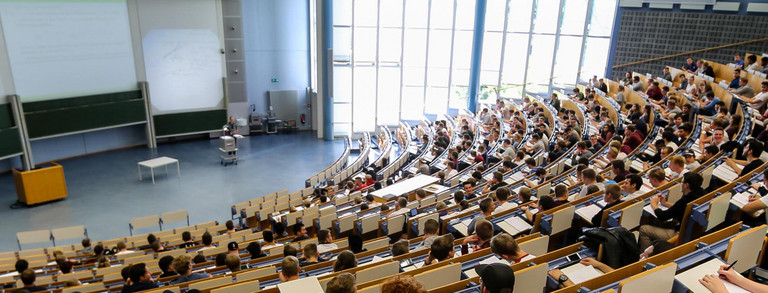Embeddedness and turnover of IT professionals
The IT workforce is quite diverse, ranging from software developers, database administrators and technical support staff to IT project managers, product owners, consultants, and IT entrepreneurs (Brooks et al. 2011). Since such IT professionals are in high demand across industries, companies struggle with a plethora of open positions. Since the beginning of the information systems discipline, research has developed theories and models to understand and predict how to attract, motivate, and retain IT professionals (Wiesche et al. 2019). Retaining IT professionals is an important topic as individual turnover is affected by many different factors including individual-level factors such as disposition and career expectations, group-level factors such as team dynamics, relationships to management and co-workers, and market-level factors such as job alternatives and career patterns (Joseph et al. 2007; Krackhardt and Porter 1986; Prommegger et al. 2019). This thesis will focus on understanding the interplay between embedding factors, shock events and turnover motivators in IT professionals’ career decisions.
The following questions may serve as guidance for potential focus areas. Other questions in this research area are welcome as well.
- What are embedding factors that tie IT professionals to the team or organization they work in?
- What is the relationship between organizational embeddedness and turnover intention of IT professionals?
- How does a collaborative work environment affect individual turnover behavior and career decisions?
- How does obsolescence, training, and life-long learning affect individual careers and organizational turnover mitigation strategies?
Requirements
This thesis can be conducted as conceptual work or as empirical study using qualitative or quantitative research methods. This thesis requires:
- Interest in current research on the IT workforce, esp. turnover and careers
- Experience in and willingness to conduct conceptual or empirical research
- A structured, reliable, and self-motivated work style
References
- Brooks, N. G., Riemenschneider, C. K., Hardgrave, B. C., and O'Leary-Kelly, A. M. 2011. "It Professional Identity: Needs, Perceptions, and Belonging," European Journal of Information Systems (20:1), pp. 87-102.
- Joseph, D., Ng, K.-Y., Koh, C., and Ang, S. 2007. "Turnover of Information Technology Professionals: A Narrative Review, Meta-Analytic Structural Equation Modeling, and Model Development," MIS Quarterly (31:3), pp. 547-577.
- Krackhardt, D., and Porter, L. W. 1986. "The Snowball Effect: Turnover Embedded in Communication Networks," Journal of Applied Psychology (71:1), pp. 50-55.
- Prommegger, B., Pflügler, C., Wiesche, M., and Krcmar, H. 2019. "Understanding It-Specific Job Embeddedness to Prevent Turnover of It Professionals," Academy of Management Conference, Boston, MA.
- Wiesche, M., Joseph, D., Thatcher, J., Gu, B., and Krcmar, H. 2019. "IT Workforce," MIS Quarterly Research Curation.
Application
If you are interested in working on a thesis in this topic area, please send your application including motivation, CV and grade reports via e-mail to abschlussarbeit.dt.wiwi@tu-dortmund.de


